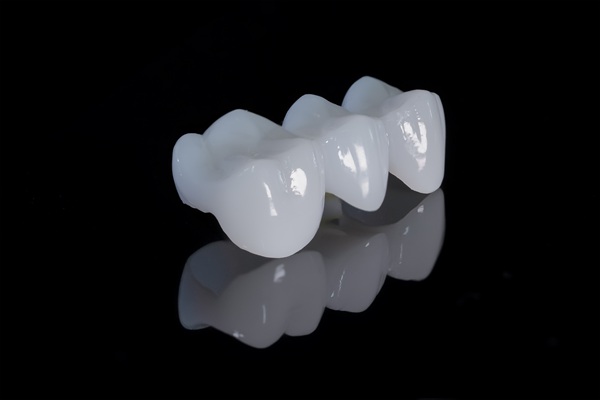 Dental fillings are an important step in maintaining good oral health. However, it can be difficult to know whether you need a filling or not. There are a few signs and symptoms to look out for that could indicate you might need a filling. We will discuss some of the most common signs that you may need a filling and also explain how you can get a filling and what to expect during the process.
Dental fillings are an important step in maintaining good oral health. However, it can be difficult to know whether you need a filling or not. There are a few signs and symptoms to look out for that could indicate you might need a filling. We will discuss some of the most common signs that you may need a filling and also explain how you can get a filling and what to expect during the process.
What is a dental filling
A filling is a common dental procedure that involves filling a cavity in a tooth to prevent further decay or damage. When a tooth has a cavity, it means that the outer layer of the tooth (the enamel) has been damaged, exposing the inner layer of the tooth (the dentin) to bacteria and decay. If left untreated, cavities can worsen and become more serious dental problems such as infection, abscesses, or even tooth loss.
During a dental filling procedure, your dentist will remove the decayed or damaged section of the tooth and fill it with a filling material. Fillings can be made from various materials, such as amalgam (a mixture of metals), composite resin (a tooth-colored material), gold, or ceramics. The type of filling material used will depend on the location of the cavity, the size of the cavity, and your personal preferences.
Dental fillings can be a quick and effective solution for repairing and protecting your teeth from further damage. It is important to address cavities as soon as possible to prevent them from causing more serious dental issues down the line.
Signs and symptoms that indicate a need for a dental filling
Regular dental check-ups can help identify if you need a filling. However, sometimes, you may not be aware that you have a cavity or tooth decay. Here are some signs and symptoms that may indicate a need for a filling:
Toothache
If you experience pain while eating or drinking or when biting down, it could be a sign that you have a cavity. Tooth sensitivity to hot or cold foods may also indicate the need for a filling.
Dark spots on teeth
If you notice dark spots on your teeth, it may be a sign of tooth decay. These spots can be visible on the front or back of the teeth.
Rough edges or cracks on teeth
If you notice any rough or jagged edges on your teeth, it may indicate the start of tooth decay or cavities. Similarly, if you notice any cracks or holes in your teeth, you may need a filling.
Bad breath or foul taste
If you have bad breath or a foul taste in your mouth, it may indicate the presence of bacteria caused by cavities or tooth decay.
Swelling or pus
If you notice swelling or pus in your gums or around your teeth, it may indicate that a cavity has reached the root of your tooth.
It is important to note that not all cavities or tooth decay exhibit noticeable symptoms, and that is why regular dental check-ups are crucial. If you notice any of the symptoms, schedule an appointment with your dentist as soon as possible.
Conclusion
Overall, dental fillings are a common procedure to help restore damaged or decayed teeth. It is always best to identify the need for a filling early on to avoid any complications. Dental fillings can help restore your tooth's strength, protect it from further decay, and improve your oral health.
Request an appointment or call Dental Partners Fountain City at 865-672-6525 for an appointment in our Knoxville office.
Related Posts
There are many ways to keep your teeth bright, white, and healthy. However, you may see unfamiliar stains or shades on your teeth, making them appear gray. Fortunately, a general dentist can evaluate gray teeth by identifying the root cause of the change.It is common for teeth to change color, and it does not always…
Dental implants are the ideal solution for anyone looking to replace damaged or missing teeth. They are the top choice for patients who want the next best thing to real teeth and provide a permanent solution that can last a lifetime.Dental implants can be used to replace one or multiple missing teeth. They provide excellent…
Most everyone is familiar with the fact that dentists use dental fillings to treat cavities. What not everyone is aware of, however, is why dentists need to treat cavities with fillings or why teeth decay the way they do in the first place. We all want to keep our teeth healthy, and fillings have been…


